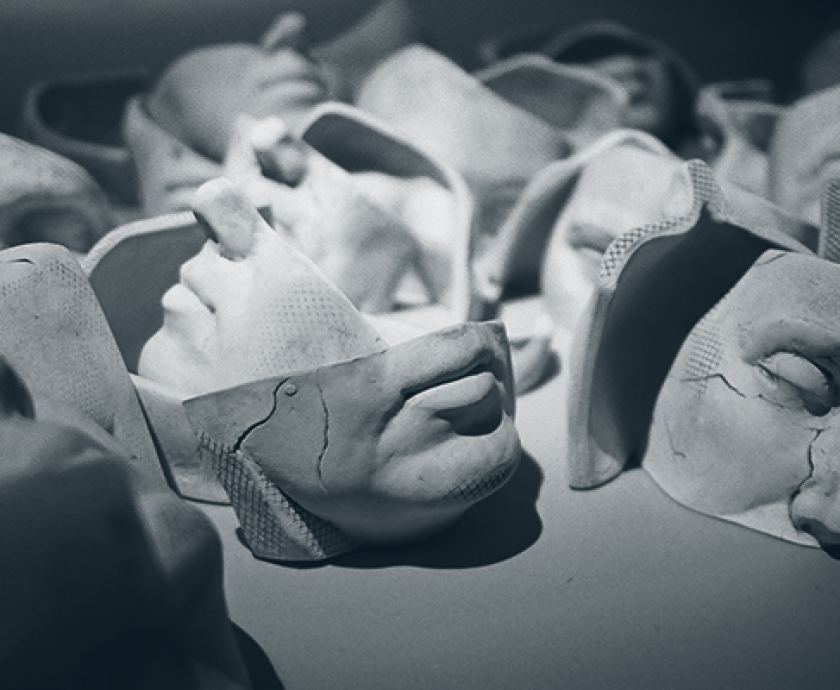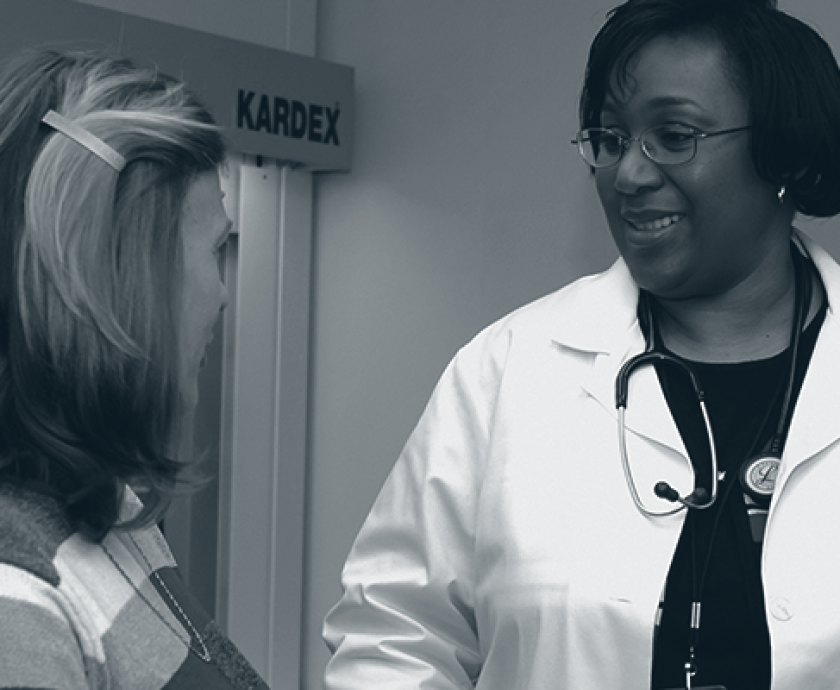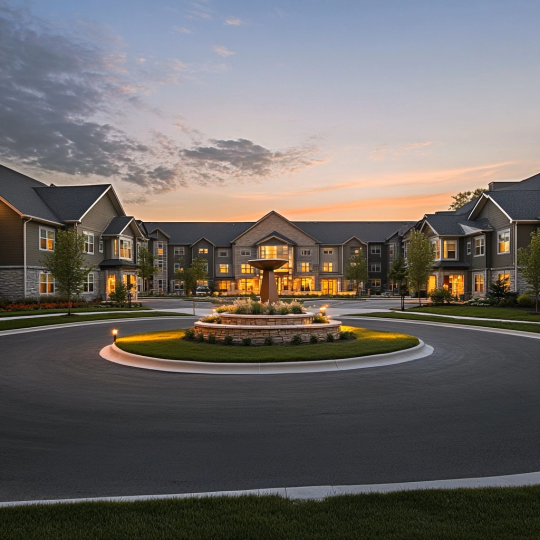A concussion is sometimes thought of as a mild traumatic brain injury. However, the effects are often serious and long-lasting. When the symptoms continue longer than expected after an injury, this is known as “Post Concussion Syndrome.”
Any bump, blow, or jolt to the head can cause a concussion. In addition, a hit to the body that causes the head and brain to move back and forth quickly can also cause a concussion. All of these situations can cause the brain to move inside the skull. This may result in injuries to the brain.
Symptoms of concussion include headaches, memory loss, loss of consciousness, difficulty thinking or concentration, nausea, blurry vision, sleep changes, and more. When these symptoms last longer than a few weeks, a person may be diagnosed with Post Concussion Syndrome (PCS).
Researchers estimate that up to 30% of those who endure a concussion will also develop Post Concussion Syndrome. Those with PCS may have difficulty returning to normal activities or may have to make lifestyle changes to cope with their injuries. Treatment for PCS varies based upon the symptoms that occur. For example, medicines may be used to treat headaches, rest may be prescribed for fatigue, and therapy may be recommended for depression and anxiety. The most important treatments are time and patience.
Post Concussion Syndrome doesn’t usually last forever, but the long-term effects can be frustrating. During the recovery period, it is also important to avoid further damage or re-injury, and to allow the brain time to fully heal. The brain is particularly sensitive to further damage during this recovery period.











